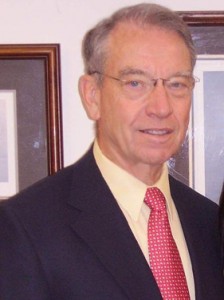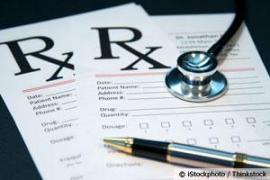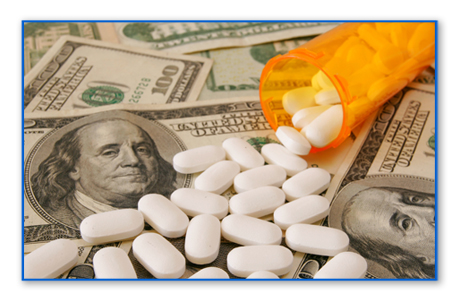Congressman Ron Paul has noted the potential for universal or mandatory mental health screenings to be used for politically motivated purposes. One federally-funded violence prevention program already lists “intolerance” as a mental problem that may lead a child to commit violent acts at school, and there are efforts underway to add a diagnosis of “extreme intolerance” to the Diagnostic and Statistical Manual. “Because ‘intolerance’ is often a code word for believing in traditional values, children who share their parents’ values could be labeled as having mental problems and a risk of causing violence,” said Paul as he reintroduced his Parental Consent Act before the House of Representatives in August.
First introduced in 2005, Paul’s bill would forbid the use of federal funds to establish or implement any universal or mandatory mental health screening program. The bill also states that no federal education funds may be paid to any local education agency that uses the refusal of a parent or guardian to consent to mental health screening as a basis of child abuse or neglect.
More than 30,000 people have signed an online petition to stop using TeenScreen in schools. Parents and other concerned citizens should also tell their Members of Congress to support Paul’s bill. They should oppose mental health screening at the school board and state legislature levels, and ask state representatives to pass Pupil Rights legislation to keep students from being subjected to nosy psychological or psychiatric questions without prior, informed, written parental consent.





